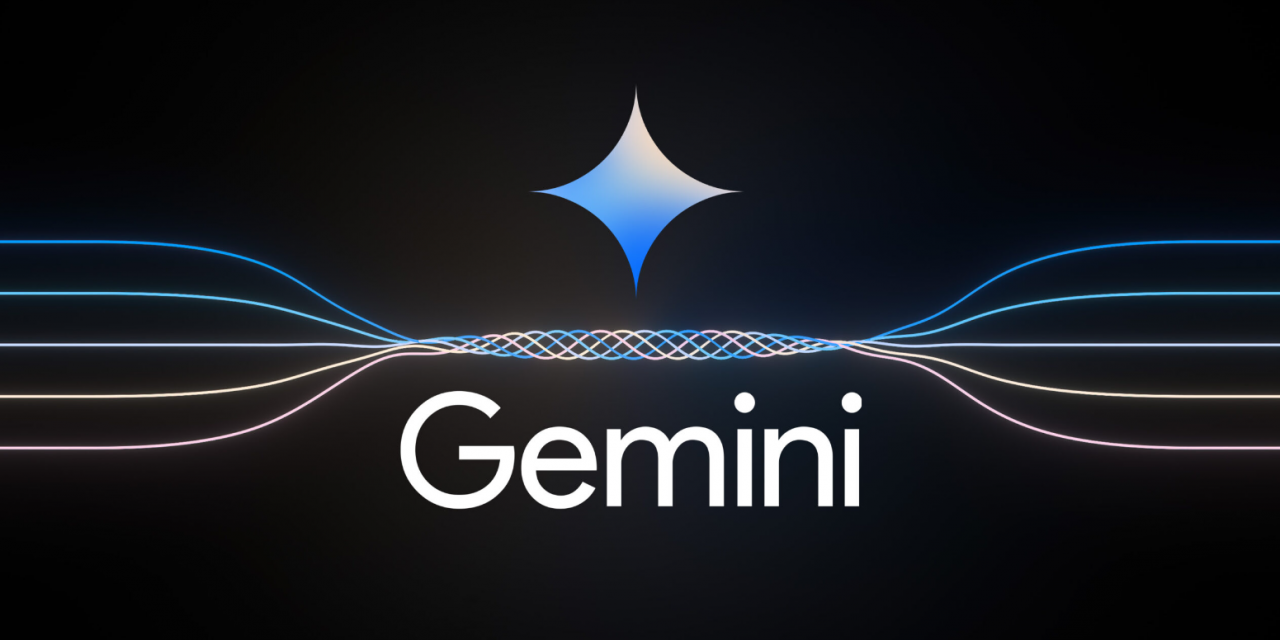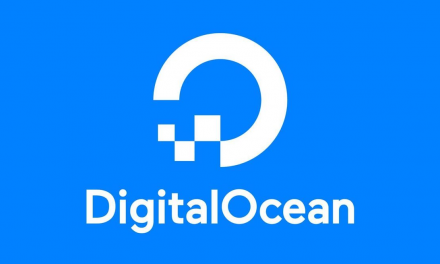Alphabet’s Revolutionary Gemini AI: A Formidable Challenger in the AI Arena
Alphabet Inc. (NASDAQ: GOOG)(NASDAQ: GOOGL) recently unveiled Gemini AI, a trailblazing AI model, poised to rival OpenAI’s widely acclaimed GPT-4. This move marks a significant advancement in the AI landscape, where Google’s prowess in AI development is already well-recognized through its PaLM series. While PaLM 2, launched in May, is leveraged both internally and for Google Cloud customers, represents a leap forward in AI capabilities.
Gemini AI: Google’s AI Powerhouse
Google’s latest and most potent AI creation, is engineered to comprehend an array of inputs including text, images, audio, and code. Google asserts that it surpasses GPT-4 in numerous AI benchmarks, heralding a new era in AI technology.
The Lucrative Generative AI Market
The generative AI sector is predicted to surge from $40 billion in 2022 to a staggering $1.3 trillion over the next decade, according to Bloomberg Intelligence. Within this, generative AI software is anticipated to contribute approximately $280 billion by 2032. This growth presents a substantial opportunity for Google, particularly with Gemini at the forefront.
The Diverse Impact of Gemini AI
- Cloud Computing Growth: Gemini Pro, a version of the model, will be accessible via Google Cloud from Dec. 13. Following additional safety protocols, the more advanced Gemini Ultra will also be released.
- Enhancing Google’s Services: Gemini will enhance various Google services, including the Bard AI tool and potentially integration into Search, Ads, Chrome, and more.
- Advancing Mobile AI: Gemini Nano, a compact version, will be embedded in Android 14 smartphones, including Google’s Pixel 8 Pro, empowering Android developers to infuse AI into their apps.
Google’s Strategic Advantage
Google’s decision to train Gemini on its proprietary Tensor Processing Units instead of the commonly used Nvidia GPUs could offer a significant cost benefit, especially as the demand for advanced AI models intensifies.
The AI Supremacy Race
Google’s introduction of Gemini significantly alters the competitive landscape in generative AI. While OpenAI, backed by Microsoft, has been a frontrunner, positions Google as a formidable contender. The launch has already positively impacted Alphabet’s stock, reflecting investor optimism.
Economic Implications and Future Prospects
Despite the promise, Google faces challenges in integrating AI into its core services like advertising and search, where running sophisticated AI models entails considerable costs. Custom AI chips may mitigate these costs to an extent. As the demand for generative AI grows, Google, armed with Gemini, is well-positioned for a pivotal role in this rapidly evolving domain.





